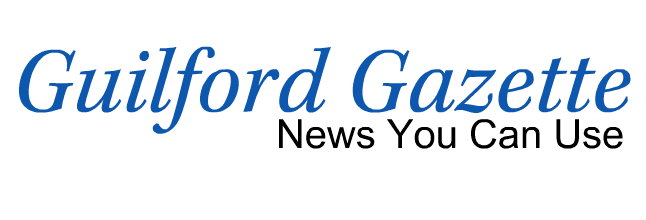
by Brooks DuBose
Capital News Service
ANNAPOLIS, Maryland — Maryland Gov. Larry Hogan on Friday announced a reduction in next year’s insurance premium rates for individual healthcare plans in the state.
The two health insurance providers in the state’s Maryland Health Benefit Exchange — which operates the marketplace consumers use to purchase healthcare under the Affordable Care Act — Kaiser Permanente and CareFirst BlueCross BlueShield, will offer an average of about a 13 percent reduction in premiums across the board, the governor said. The new rates will take effect on Jan. 1.
The announcement comes after the federal government in August approved the state’s request for a waiver to establish a reinsurance program to stabilize the insurance market and prevent rate spikes.
“Rather than huge increases in health insurance rates, we are instead delivering significantly and dramatically lower rates for Marylanders,” Hogan said. “For the first time since the Affordable Care Act went into effect, all individual insurance rates in Maryland will go down instead of up.”
Prior to the waiver’s approval, insurance premiums were expected to increase dramatically next year for both HMO and PPO healthcare plans. CareFirst’s PPO rate was expected to increase by more than 90 percent. It will now decrease by 11 percent, the governor said.
CareFirst’s HMO plan, which covers more than half of the nearly 200,000 Marylanders with health insurance plans purchased in the individual market as of June 30, will see a 17 percent decrease.
Kaiser had proposed a rate increase of almost 40 percent. Instead their rates will drop by about 7 percent.
“As a result of these rates, the health insurance market in Maryland will finally have the chance to become more competitive and dynamic,” Hogan said, adding the reinsurance program will make health care more affordable and increase competition by coaxing more insurers into the market.
The reinsurance program is a temporary fix, however. The waiver runs through 2020 but could last through 2023, according to the waiver application — and a more permanent solution must be enacted by the federal government to ensure rates do not increase down the line, said Maryland Health Insurance Commissioner Al Redmer.
“Most of the rules regarding the Affordable Care Act are embedded in federal law. Very little authority is given to the states,” Redmer said. “What we really need — and what we’ve been advocating for years — is for Congress to put aside those partisan differences and come up with common sense solutions or give us more authority to make changes here in the states.”
Redmer declined to speculate whether insurance rates would increase after the waiver expires without a long-term solution in place.
“Short term, our health insurance rates are (going to be) much more competitive than they were this year,” Redmer said, adding that the lower rates will add more consumers to the insurance market making it healthier overall.
Get PERKS and Support Community Journalism | SUBSCRIBE
